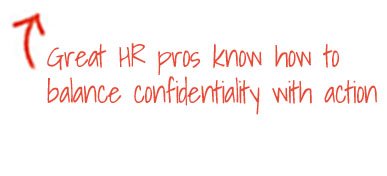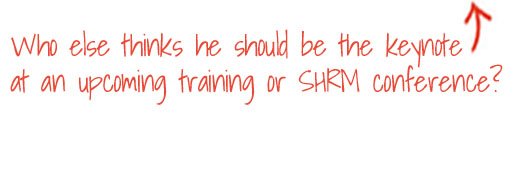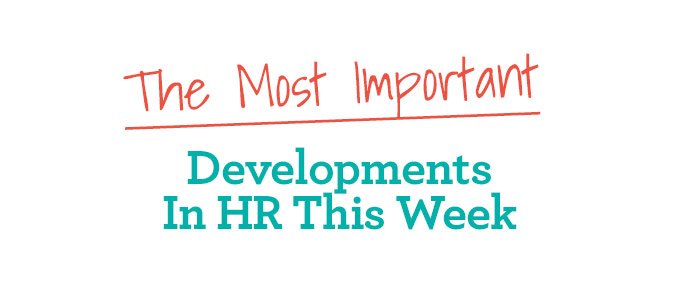
His passing dominated the news this week, and people on both sides of the aisle paid tribute to John McCain as a great man who will be sorely missed. When all of the pomp and circumstance draws to a close, the Arizona governor has the task of filling McCain’s seat, if not his shoes. It’s a tall order. Someone can fill the seat, but he or she won’t have McCain’s institutional knowledge gleaned from 30 years serving this country day in and day out. In politics, who succeeds whom is usually decided by popular vote. Not so in corporate America, where boomers are in the throes of retirement age right now. If you’re not already actively considering the succession plans of your senior most staff, don’t wait too long. It’s not so much the job skills and experience companies lose when longtime employees retire, it’s the institutional knowledge that comes from 20, 30 years on the job. The stuff you can’t teach. The Washington Post


Hey Gen Z: Every time your parents told you to put down the phone at the dinner table, they were right, and the results of a new study will come as absolutely no surprise to them. Communication is the top soft skill employers are looking for today, but Gen Z can’t communicate its way out of a virtual paper bag. It doesn’t vary by profession, either. It’s a generational thing across the board. Customer service, IT, nursing, sales, finance … you name the industry, Gen Z is having trouble communicating in it. What does this mean for HR? This is the future of the workforce, people. Ready or not, this generation is coming of age and getting jobs, so ditch the online learning, at least for one type of course. In-class, face-to-face training about communication — in which Gen Z has to actively participate — is what it’s going to take to prevent communication snafus on the job. All devices banned, of course. PR Web


We don’t quote HR blogs too often here, but this particular post caught our eye. This question has put HR between a rock and a hard place so often that we’re surprised more publications aren’t writing about it. Employees tend to assume that meetings with HR are as sacrosanct as conversations with a priest, lawyer, or doctor. But that’s rarely the case. If an employee comes to HR with a harassment claim, or to report that a serious company rule or policy has been violated, HR has to take action, sometimes by law. If HR knows about harassment and does nothing? Ask United’s HR how that’s working out. (Answer: A federal lawsuit is currently pending). But what of complaints about things like managers favoring certain employees over others, or other workplace friction issues? It’s a delicate dance between taking action to correct the problem and exposing the person who complained. Fistful of Talent


First it’s pro athletes on LinkedIn, and now this. NBA superstar Steph Curry put HR into the headlines this week when he weighed in on exactly how he feels about the pay equity gap between male and female pro athletes. It’s about his six-year-old daughter, who wants to play pro ball like her dad. Take this stat: In the NBA, minimum pay for a rookie starts at nearly $600,000. In the WNBA, league MVP Sylvia Fowles of the Minnesota Lynx made just $109,000 last year. Not only that, but women in the WNBA get less of the box office than men in the NBA. That’s quite the glass ceiling. Curry isn’t just talking. He recently hosted a basketball camp for 200 girls with an eye toward changing perceptions that pros get involved only with boys’ camps. He’s doing it so that someday it isn’t “women’s basketball,” it’s just basketball. You go, Steph Curry! Inc.


Taking a page from Starbucks’ book, Papa John’s announced plans for company-wide diversity and inclusion training while trumpeting its core values of equity, fairness, opportunity, and all things not John Schnatter, who keeps blundering into the news, making his original sin even worse for the brand. They and other companies are putting the task of rebuilding a tarnished brand squarely in HR’s lap, with company-wide training becoming a typical first step in the corporate mea culpa that the top brass hopes will lead people to forgive and ultimately forget. The importance of brand can’t be overstated, especially now in this tight job market where most, if not all, candidates research company reputation before applying for openings, and current employees have ample opportunity to jump ship to a waiting yacht when a couple of two-star reviews on Glassdoor (or a Twitter-happy CEO) torpedoes a brand. Forbes










